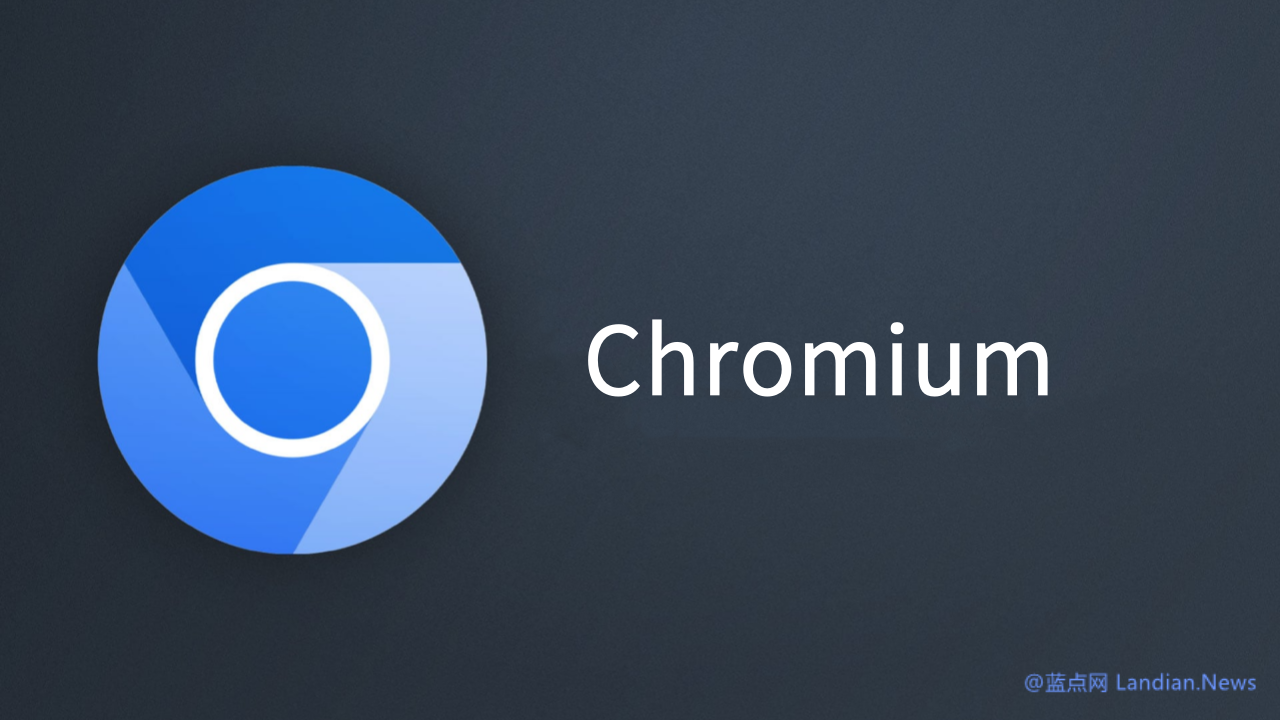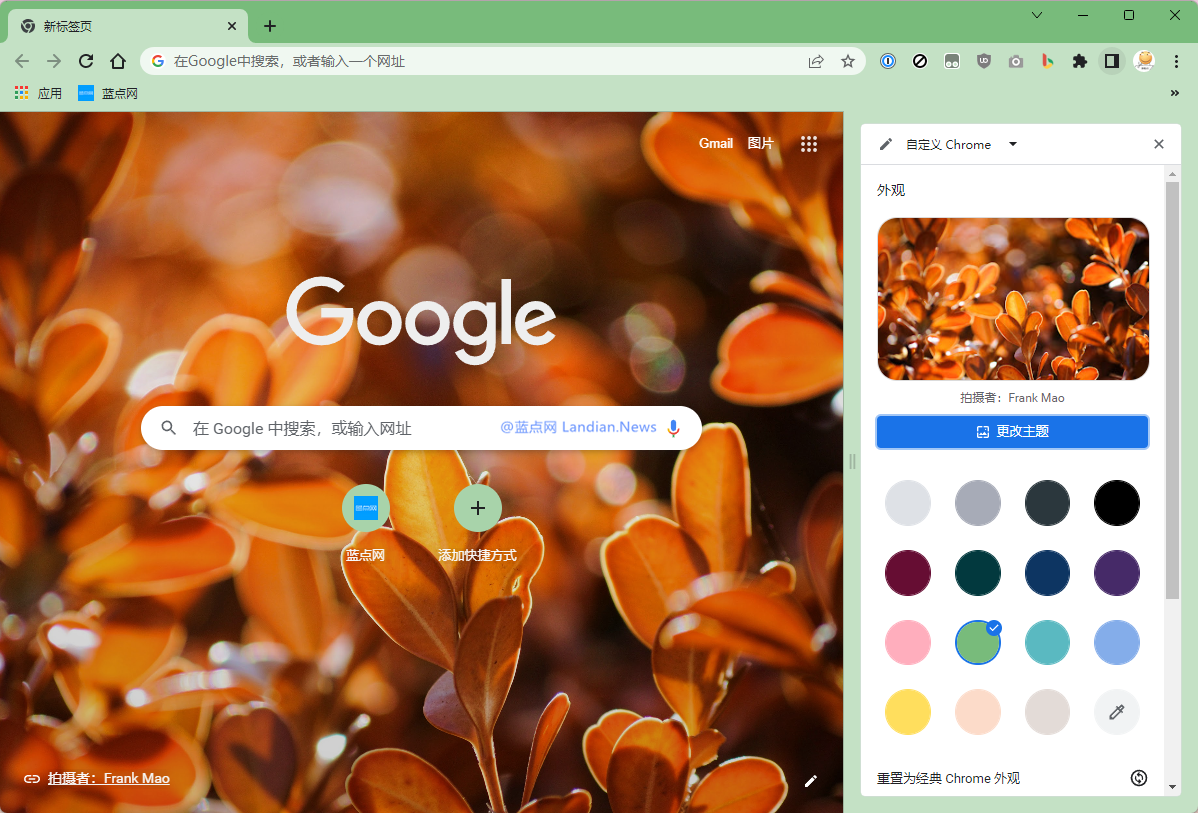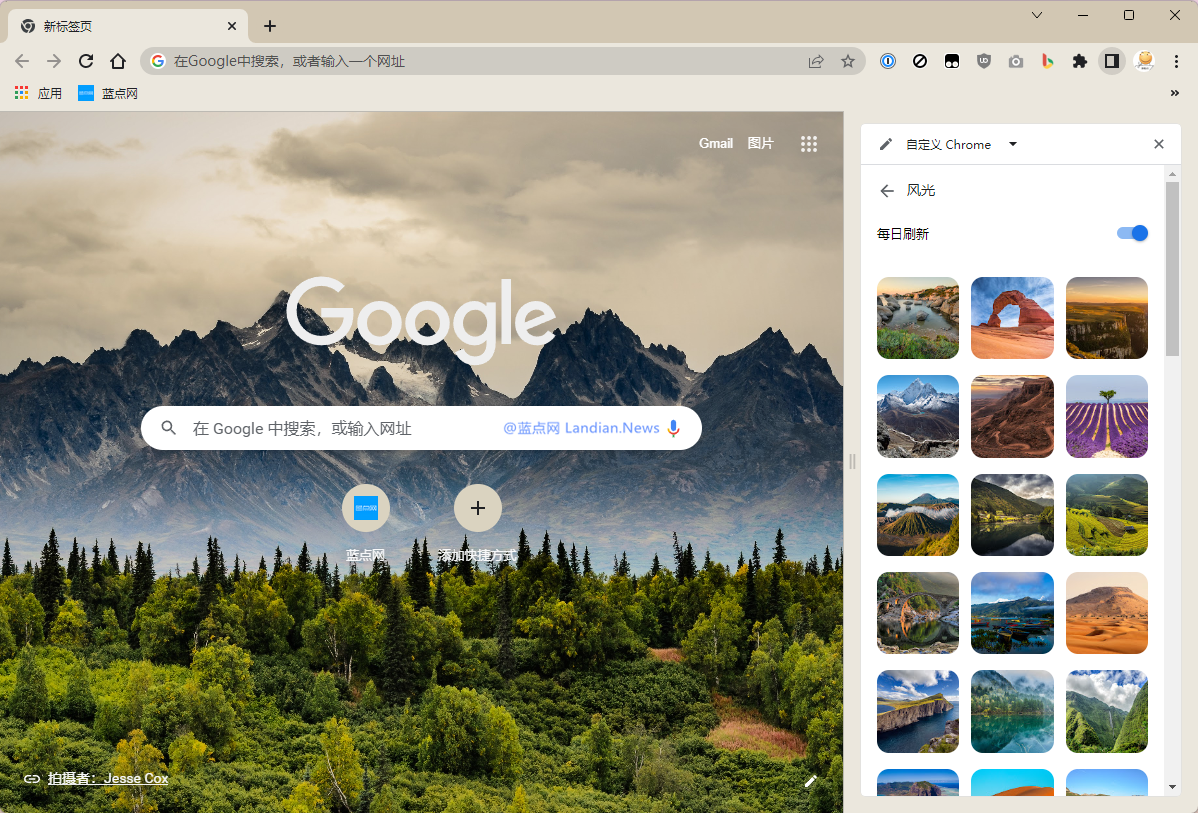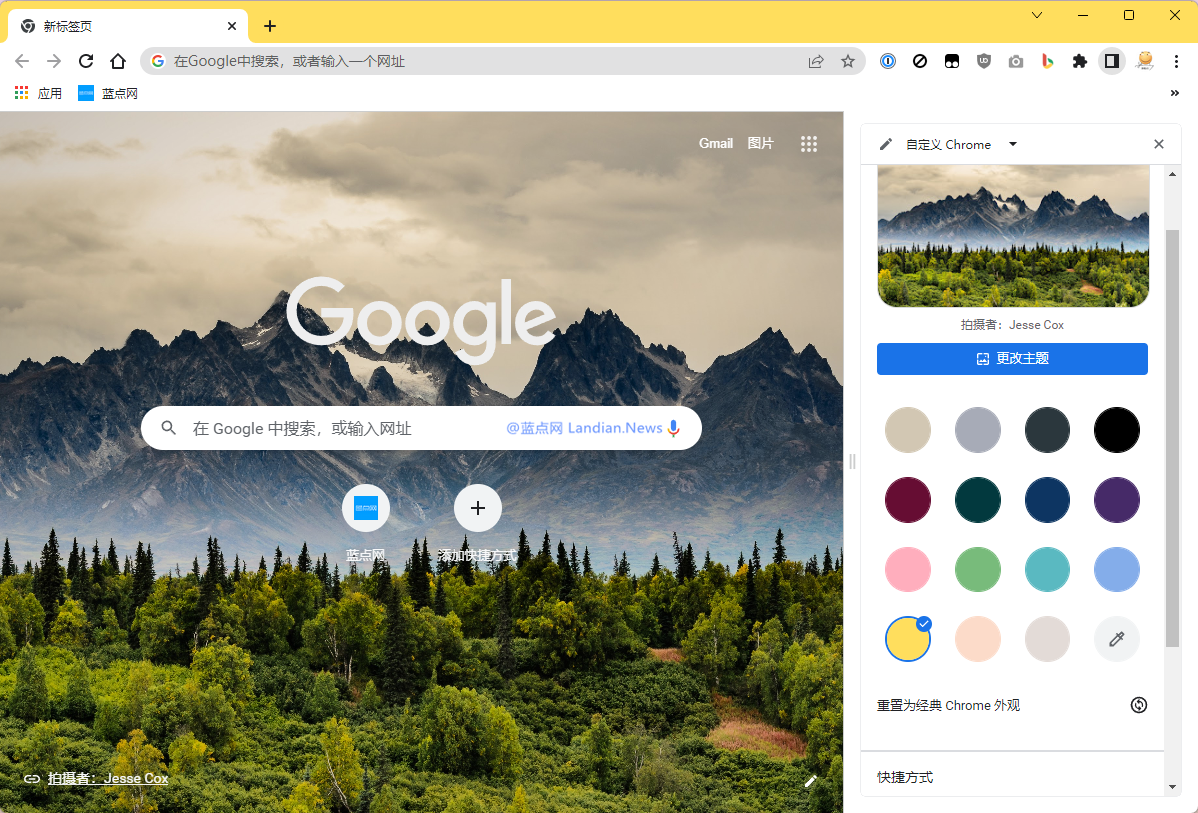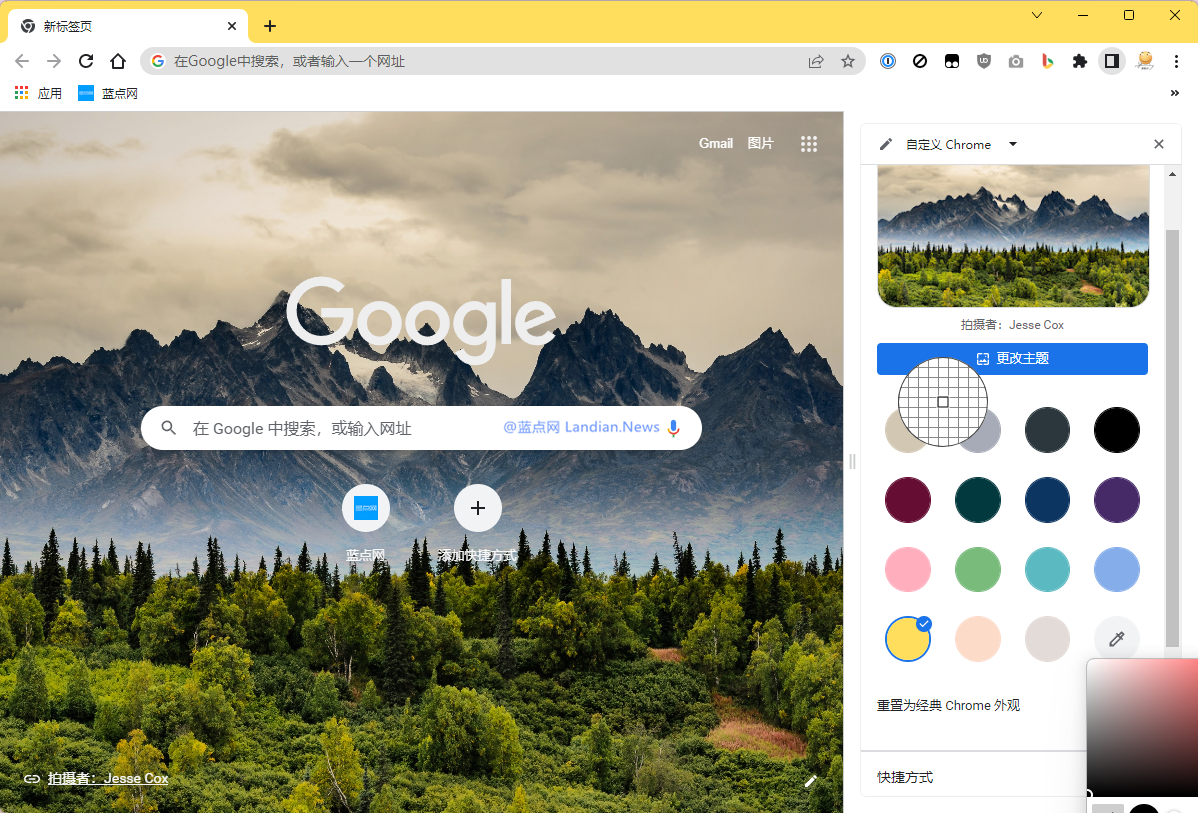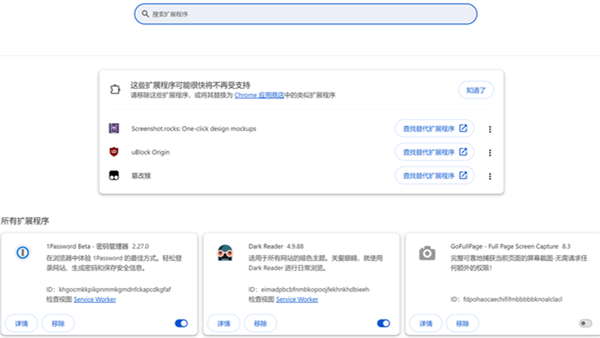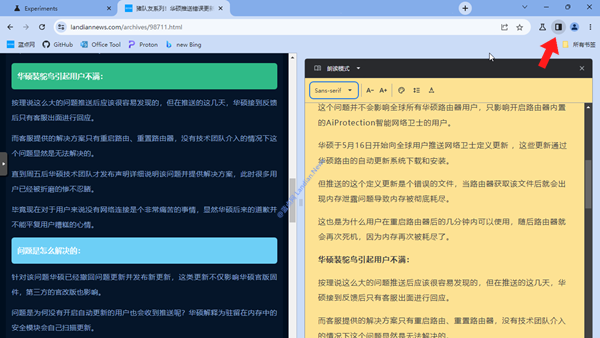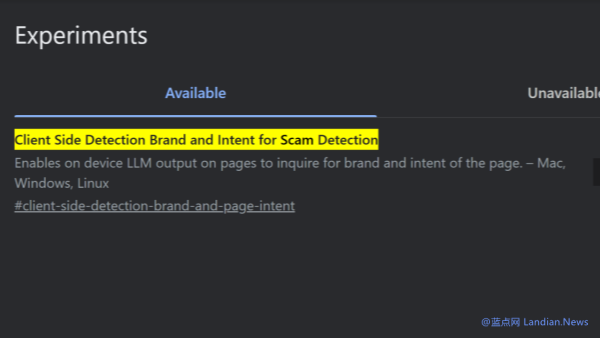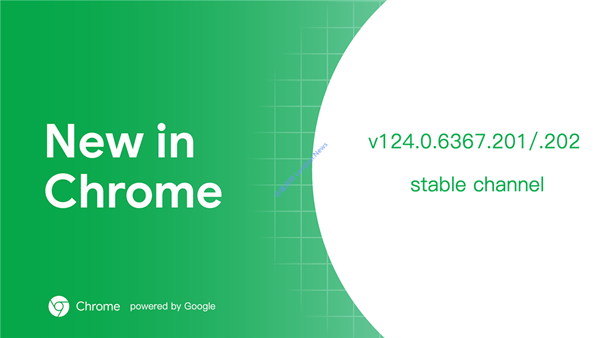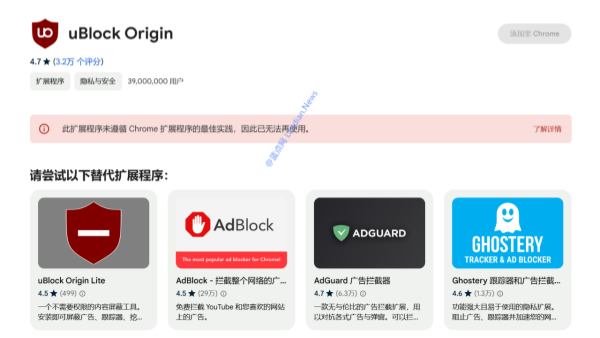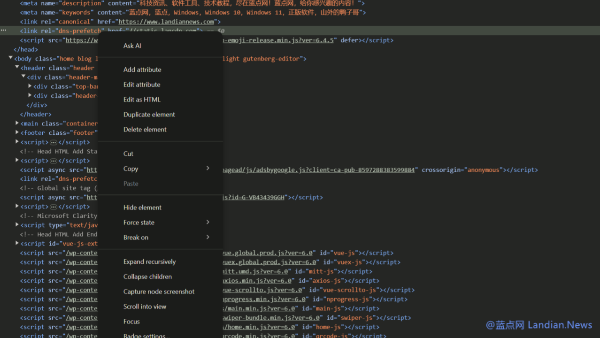Google Develops H.265/HEVC Encoder API for Chrome to Enhance Video Recording Efficiency via Browser
After extensive discussions and code submissions, Google engineers have introduced a new H.265/HEVC encoder API for the Chromium browser. This means that video recording based on HEVC will soon be supported in Chromium.
Currently, Google Chrome's MediaRecorder API mainly supports VP8, VP9, and H.264/AVC encoders. Compared to these encoders, the H.265/HEVC encoder offers higher efficiency.
With the support of the HEVC encoder, efficiency can be improved for websites that use browser-based video recording, such as Google Meet or Zoom.
According to Google engineers, the HEVC encoder is currently available for developers to test. Developers interested in accessing the HEVC encoder support can do so by adding a launch command. Specifically, add the command --enable-features=MediaRecorderHEVCSupport to the target path in Chrome's properties and save. This will enable HEVC encoder support upon launch.
It is important to note that this update specifically pertains to the MediaRecorder API, which is responsible for encoding during video recording. Chrome has already supported the decoding of HEVC videos.
Once this feature is officially released, other Chromium-based browsers such as Microsoft Edge, Vivaldi, Opera, and Brave will also gain access to this capability.
Developers who need to use the browser for camera access, streaming, and video recording should consider testing this feature in advance. This will allow them to switch to the HEVC encoder directly, improving efficiency and user experience.
